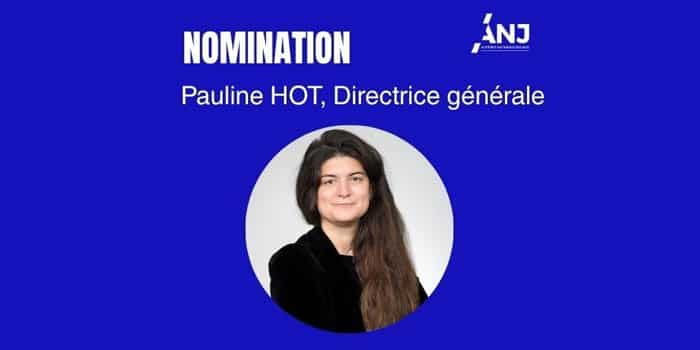- Casino
- By State
- Alabama
- Alaska
- Arizona
- Arkansas
- California
- Colorado
- Connecticut
- Delaware
- Georgia
- Florida
- Hawaii
- Idaho
- Illinois
- Indiana
- Iowa
- Kansas
- Kentucky
- Louisiana
- Maine
- Massachusetts
- Maryland
- Michigan
- Minnesota
- Mississippi
- Missouri
- Montana
- Nebraska
- Nevada
- New Hampshire
- New Jersey
- New Mexico
- New York
- North Carolina
- North Dakota
- Ohio
- Oklahoma
- Oregon
- Pennsylvania
- Rhode Island
- South Carolina
- South Dakota
- Tennessee
- Texas
- Utah
- Vermont
- Virginia
- Washington
- West Virginia
- Wisconsin
- Wyoming
- By State
- Slots
- Poker
- Sports
- Esports
AAGH Calls on UK to Investigate Gambling Harm

According to a report commissioned by Action Against Gambling Harm, the UK needs to do more to determine levels of problem gambling harm.
UK Falls Behind on Problem Gambling
The UK needs to do more to assess levels of problem-gambling harm, according to a study commissioned by Action Against Gambling Harm (AAGH). The inquiry, which was carried out by the Policy Institute at King’s College London, looked into four separate themes: financial harms and sustainability, sports betting, gambling by youth, and gambling by women.
The AAGH argued that, in contrast to the United States, Canada, and Australia, there were comparatively fewer studies on gambling harms in the United Kingdom. The investigation also discovered significant gaps in the British theoretical literature on problem gambling, especially when it came to women and gambling, as well as the description of gambling–related harm.
This milestone research, according to Seema Kennedy OBE, CEO of the AAGH, illustrates the industry’s ignorance of gambling and its impact on British citizens. The AAGH hopes that these results will encourage academic institutions and lawmakers to commission extensive research to cover the blind spots.
Correlation Between Poverty and Gambling Harm
The AAGH research revealed that there was a low level of research on the matter and that more remains to be improved. It argued that the industry’s feminization of gambling goods and establishments has resulted in a rise in the number of women who partake in wagering activities.
The investigation did conclude, however, that future research prospects are promising. As possible areas for further research, this involves recognizing risky activities and adverse interactions, as well as differences between immigrant and ethnic minority groups, the correlation between psychological wellbeing and gambling addiction, and longitudinal research on wagering activity over time and the effectiveness of reducing harm.
The AAGH cited a lack of research into betting affordability and financial costs, citing a limited body of work that examines the connection between poverty and gambling addiction, as well as several in-depth studies that evaluated the financial drawbacks that players and their families can experience.
Impact on Children and Adolescents
Despite the significance of these findings, the AAGH’s work found no evidence of measures that directly address sustainability and financial harms, as well as gambler traits in relation to financial hardships. According to the report, the tendency for addictive behaviors to have adverse effects on children has been thoroughly researched.
The researchers discovered a wide amount of literature pertaining to the harms of gambling among youths, with drug abuse, delinquent conduct, mental health issues, and poor academic performance being prominently highlighted repercussions of problem gambling on children and teenagers.
Finally, the investigation found that sports betting analysis is lagging behind. The connection between sports wagering and gambling addiction has been thoroughly studied, but there has been much less research on the harmful effects that can result from this. Prior studies have indicated that endorsing sports betting may be detrimental to existing problem gamblers and bring awareness of the practice among children, the AAGH said.
Empirical research revealed that instant depositing, cash-out options, in–play betting, and the proliferation of mobile apps are all components that can raise gambling frequency and problem gambling habits, as well as lead to suffering.
Mathilde has been writing for over 5 years, with 3 of those years as a specialist in the iGaming industry covering headlines across the world. With her honed research and reporting expertise, Mathilde has solidified her position as a regular author for Gambling News. Outside of work, she enjoys studying sculpture which is one of her other strong passions.
Must Read
Industry
July 8, 2025
Trump’s Gambling Tax Cap Draws Divided Opinions
More Articles





Legal
July 10, 2025
Italian Court Clears Betsolution Ltd of Mafia Links

Business
July 10, 2025
DoubleDown Acquires Whow Games in €65 Million Deal

Casino
July 10, 2025
Cirsa Shares Hold Steady in Lukewarm Spanish IPO Debut

Casino
July 10, 2025
ASA Strikes Down Ad Complaint Against Buzz Bingo











